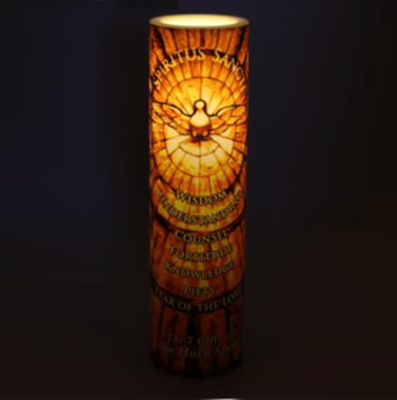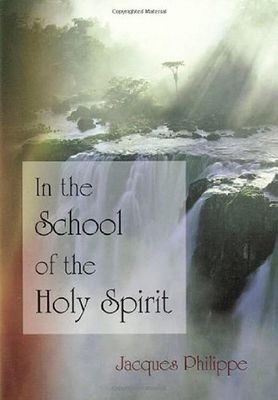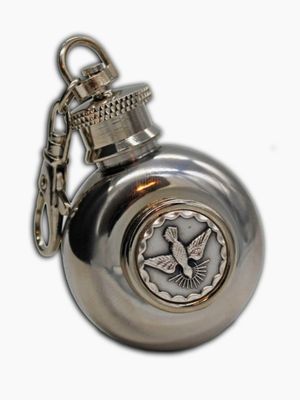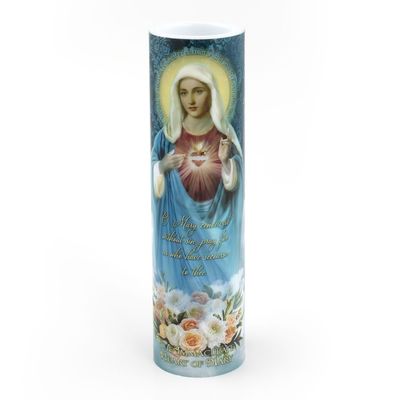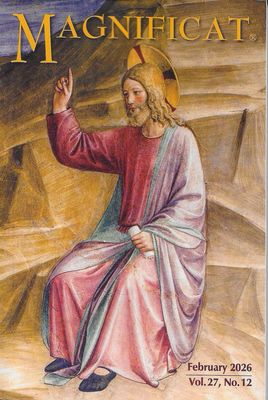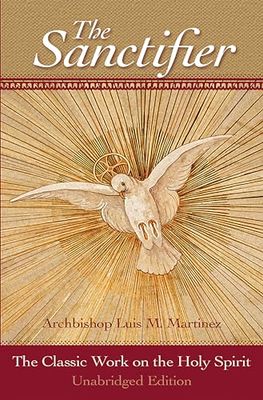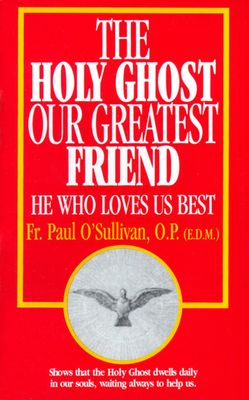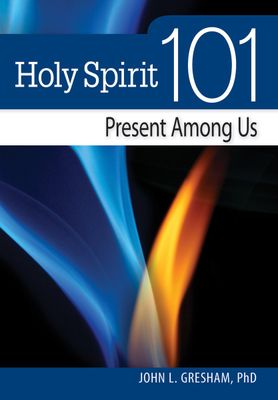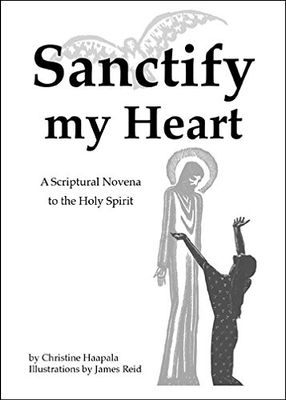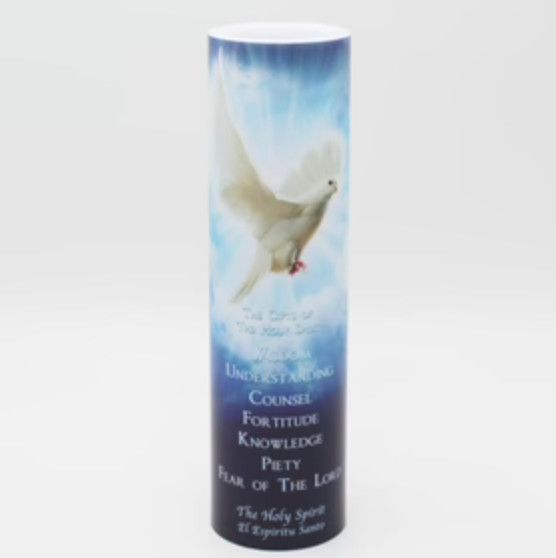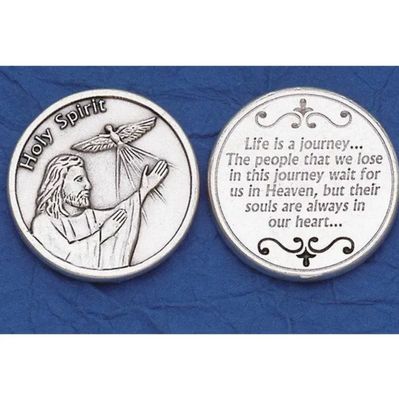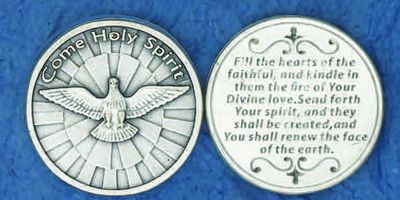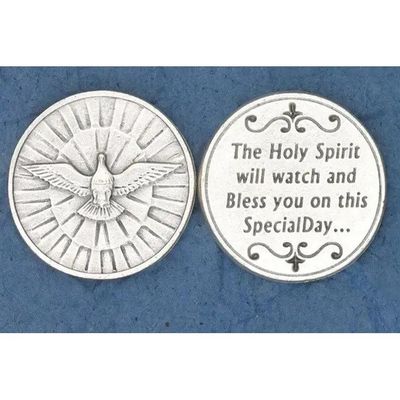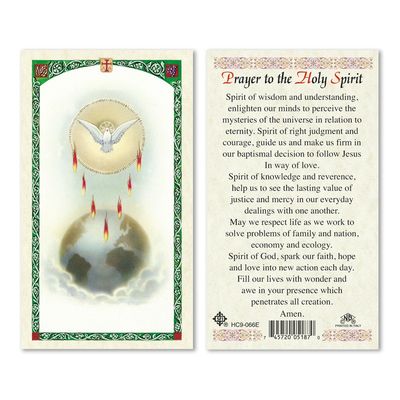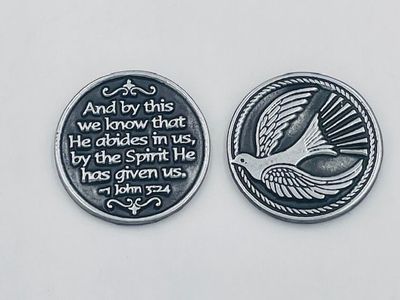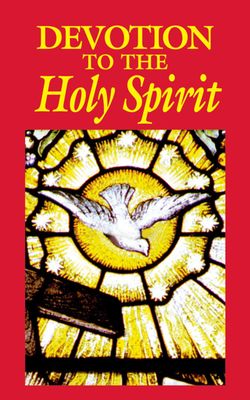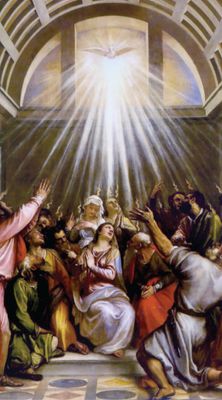LED Prayer Candle - Seven gifts of the Holy Spirit
Holy Spirit LED Candle lists 7 Gifts of the Holy Spirit. Perfect gift for Confirmation. Candle includes traditional Holy Spirit prayer of St Gertrude and subjects for daily meditation.
LED FLAMELESS Devotional Prayer Candles are a safe alternative to burning extended hour flame candles in any environment for all ages. The flickering flame looks like authentic candlelight and the timer allows for 6 hours of light repeated every 24 hours.
Candle is unscented and stays cool to the touch. Prayers are on the back in both English and Spanish.
Requires 2 AA batteries, not included. Dimensions: 8” by 2.375”
The Seven gifts of the Holy Spirit are an enumeration of seven spiritual gifts originating from Patristic authors, later elaborated by five intellectual virtues and four other groups of ethical characteristics. They are: wisdom, understanding, counsel, fortitude, knowledge, piety, and fear of the Lord.
Wisdom is considered the first and the greatest of the gifts. It acts upon both the intellect and the will. According to St. Bernard, it both illumines the mind and instills an attraction to the divine. Adolphe Tanquerey OP explained the difference between the gift of wisdom and that of understanding: "The latter is a view taken by the mind, while the former is an experience undergone by the heart; one is light, the other love, and so they unite and complete one another." A wise and loving heart is the perfection of the theological virtue of charity.
Understanding helps one relate all truths to one's supernatural purpose; it further illuminates one's understanding of Sacred Scripture; and it assists us to understand the significance of religious ritual. This all gives us a profound appreciation for God’s providence.
Counsel functions as a sort of supernatural intuition, to enable a person to judge promptly and rightly, especially in difficult situations. It perfects the cardinal virtue of prudence. While prudence operates in accord with reason as enlightened by faith, the gift of counsel operates under the guidance of the Holy Spirit to illuminate the will of God.
Fortitude is often identified with courage, but Aquinas takes its meaning to also encompass endurance. Joseph J. Rickaby describes it as a willingness to stand up for what is right in the sight of God, even if it means accepting rejection, verbal abuse, or physical harm. The gift of fortitude allows people the firmness of mind that is required both in doing good and in enduring evil. It is the perfection of the cardinal virtue of the same name.
Knowledge: The gift of knowledge allows one, as far as is humanly possible, to see things from God's perspective. It “allows us to perceive the greatness of God and his love for his creatures” through creation.
Piety accords with reverence. A person with reverence recognizes his total reliance on God and comes before God with humility, trust, and love. Thomas Aquinas says that piety perfects the virtue of religion, which is an aspect of the virtue of justice, in that it accords to God that which is due to God. In a series of talks on the Gifts of the Holy Spirit, Pope Francis said that piety is a recognition of "our belonging to God, our deep bond with him, a relationship that gives meaning to our whole life and keeps us resolute, in communion with him, even during the most difficult and troubled moments”. Francis goes on: "Piety is not mere outward religiosity; it is that genuine religious spirit which makes us turn to the Father as his children and to grow in our love for others, seeing them as our brothers and sisters."
Fear of the Lord is akin to wonder (or awe). With the gift of fear of the Lord, one is made aware of the glory and majesty of God. At a June 2014 general audience Pope Francis said that it “is no servile fear, but rather a joyful awareness of God’s grandeur and a grateful realization that only in him do our hearts find true peace”. A person with wonder and awe knows that God is the perfection of all one desires. This gift is described by Aquinas as a fear of separating oneself from God. He describes the gift as a "filial fear," like a child's fear of offending his father, rather than a "servile fear," that is, a fear of punishment. Fear of the Lord is the beginning of wisdom. It is the perfection of the theological virtue of hope.
